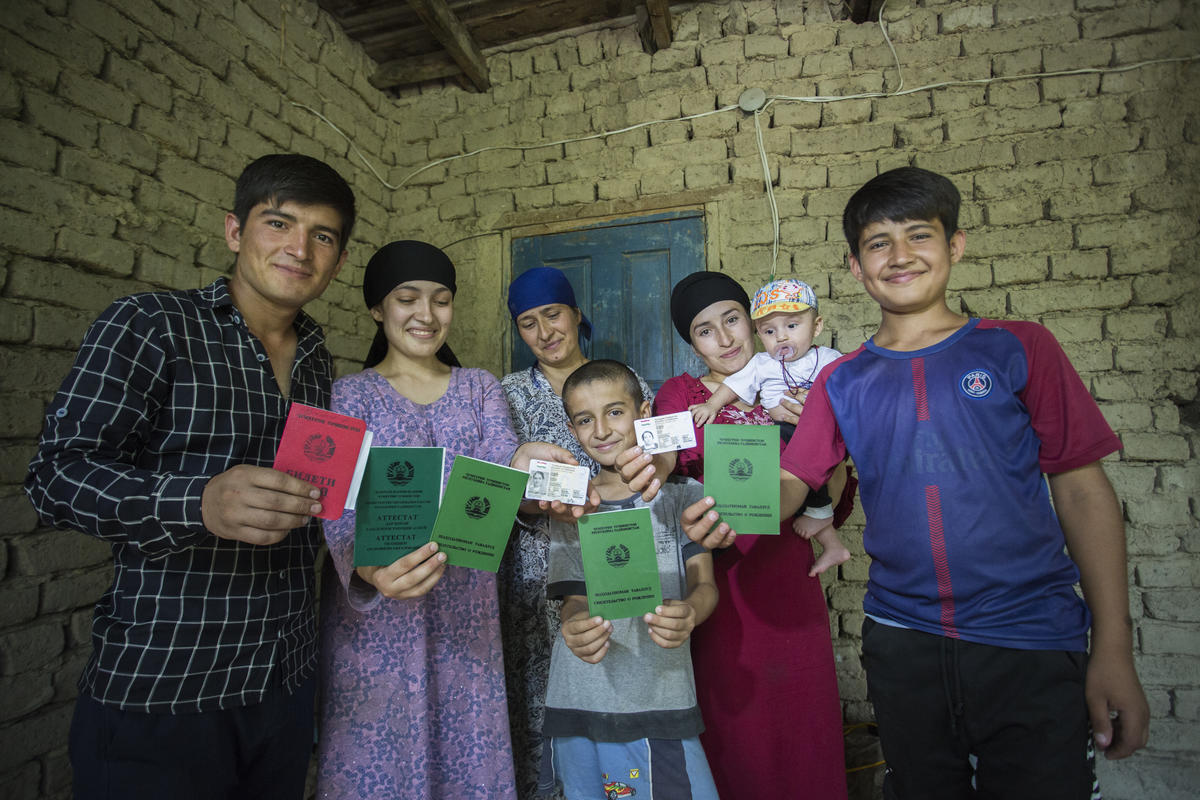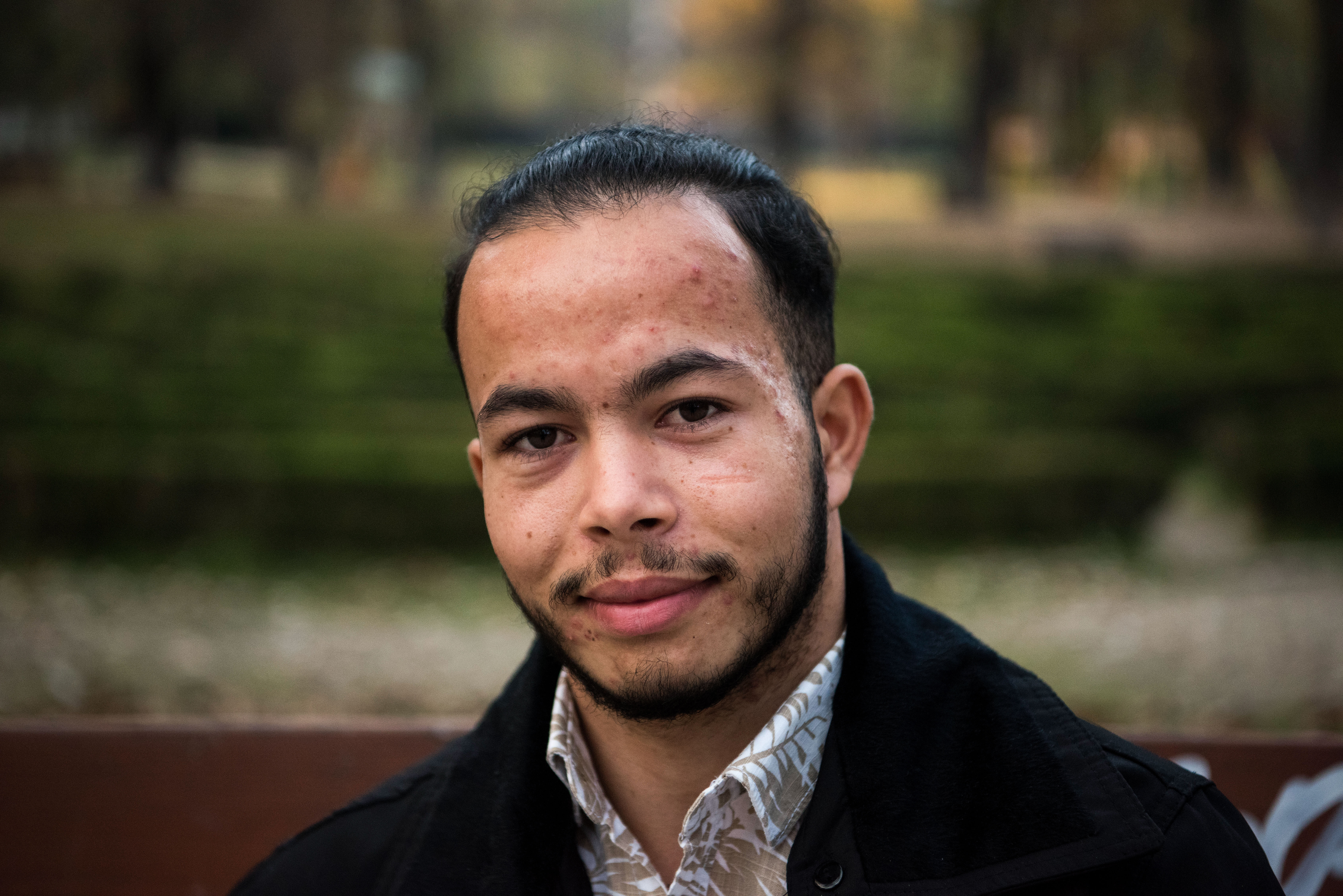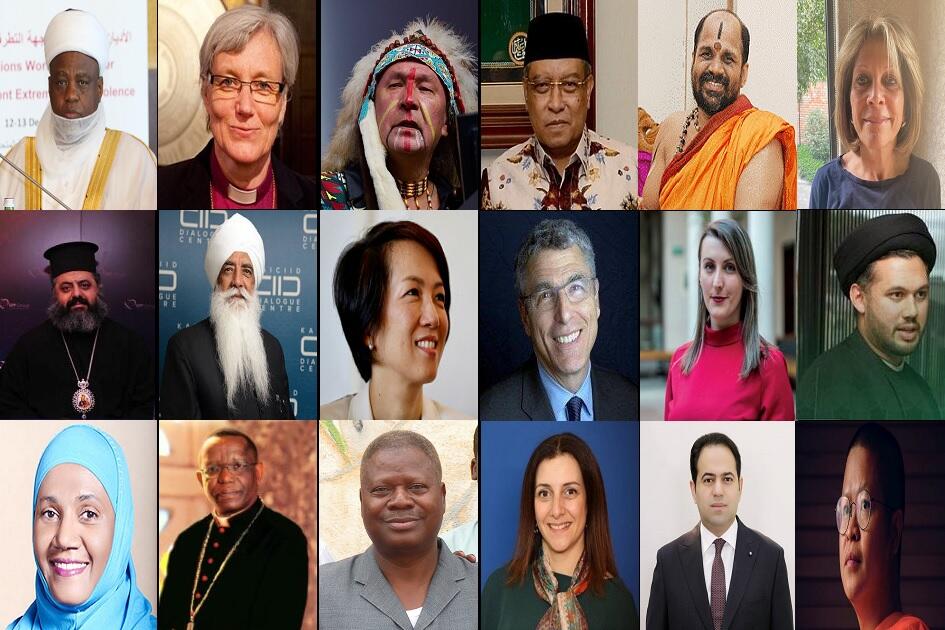Kyrgyzstan agrees on action plan to cut and prevent statelessness
Kyrgyzstan agrees on action plan to cut and prevent statelessness

BISHKEK, Kyrgyzstan, September 22 (UNHCR) - Kyrgyzstan agreed on Tuesday to adopt a concrete plan of action to cut and prevent statelessness in a country where the nationality status of thousands of people has been in limbo since the early 1990s.
The agreement came in Bishkek at a conference on statelessness co-hosted by the UN refugee agency and the Kyrgyz government and attended by UNHCR staff, administration officials, parliamentarians and a range of experts and representatives from civil society.
There are believed to be more than 20,000 stateless people in Kyrgyzstan, mainly people who hold expired Soviet or foreign passports or no documents at all. These people lack access to some of the most basic rights and UNHCR has been working with the Kyrgyz authorities to find a solution to the problem, including through improved processing of citizenship applications.
Kanybek Joroev, chair of the president's Citizenship Commission, said the conference had "decided to promote accession to the two UN Statelessness Conventions [of 1954 and 1961] and improve the implementation of Kyrgyz legislation [on nationality and statelessness]."
The plan of action also envisages the drafting, with UNHCR help, of new instructions and by-laws, including one defining the status of a stateless person, as well as public awareness campaigns and UNHCR technical support for the exchange of old Soviet passports
Joroev also noted the strides already made by his country in reducing the statelessness caused by the collapse of the Soviet Union in 1991, while adding that "Kyrgyz citizenship laws now largely comply with international standards."
UNHCR Representative to Kyrgyzstan Hans Friedrich Schodder said the refugee agency "looks forward to strongly supporting the implementation of the action plan." He added that UNHCR was concerned about the disproportionate share of women and children affected, "as statelessness further aggravates their vulnerability in society."
According to data presented at the conference, most of the stateless people in Kyrgyzstan have a close connection to the country - they were either born here; have lived here for many years; or are married to a Kyrgyz citizen.
Many of the problems found in Kyrgyzstan are evident elsewhere in the region. UNHCR is working closely with several other Central Asian governments to tackle statelessness issues which remain unresolved.
Kasidis Rochanakorn, Geneva-based director of UNHCR's Asia Bureau, said Tuesday's agreement could set an example. "We are looking forward to other member states in the region adopting similar actions," he said.
UNHCR has been given a mandate to work with governments to prevent statelessness from occurring, to resolve those cases that do occur and to protect the rights of stateless people.
By Cholpon Sultanova in Bishkek, Kyrgyzstan








